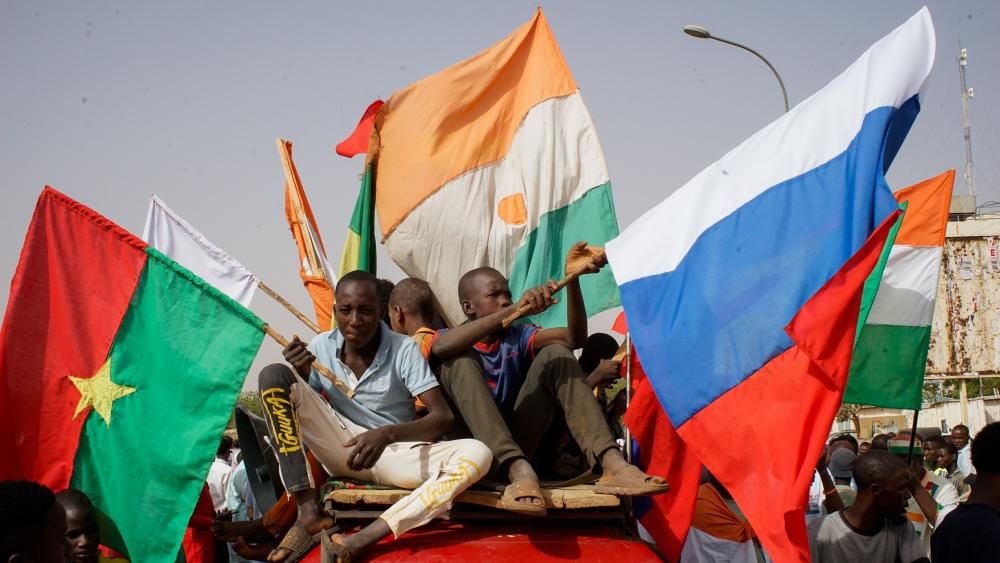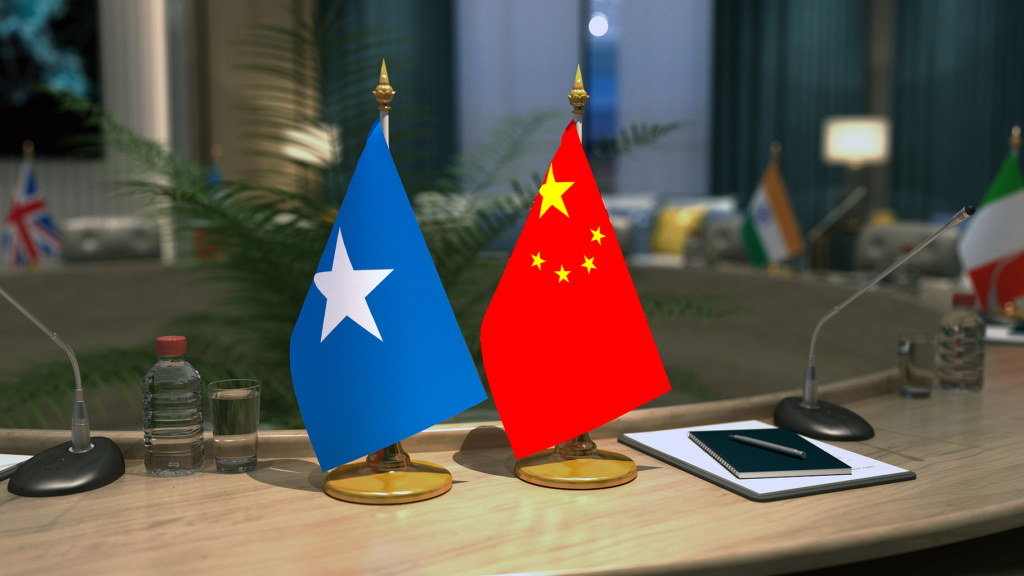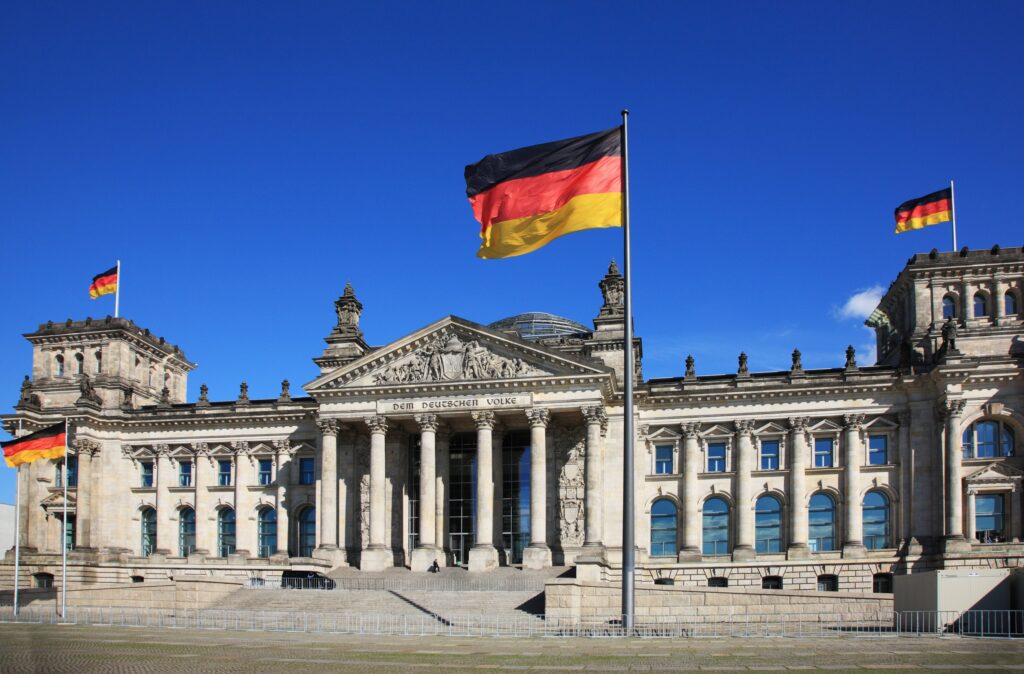
Russia has floated building a nuclear power plant in uranium-rich Niger as part of a new cooperation deal that also covers medical uses and workforce training, positioning Moscow to fill the vacuum left by France after a sharp rupture in relations.
Under an accord with state corporation Rosatom, Niger’s military-led government is exploring nuclear power generation and related civilian applications. If realised, the project would be West Africa’s first commercial nuclear power plant, though officials concede the idea faces steep technical, financial and security hurdles.
The overture follows Niamey’s June nationalisation of operations run by French group Orano, which mined Nigerien uranium for decades to supply France’s nuclear fleet. With that relationship severed, Russia has emerged as an eager partner and potential buyer or developer across the value chain.
Moscow is eyeing Imouraren—one of the world’s largest undeveloped uranium deposits—after Orano’s rights were cancelled last year. It could also seek access to up to 1,400 tonnes of “yellowcake” concentrate currently stuck in Niger after the state seized Orano’s Arlit assets and restricted shipments.
“Our task is not simply to participate in uranium mining. We must create an entire system for the development of peaceful atomic energy in Niger,” Russian energy minister Sergei Tsivilev said during a 28 July visit to Niamey.
Niger has long exported raw uranium while relying on coal and imported electricity at home. The prospect of domestic nuclear generation taps a broader Sahel push for “resource sovereignty,” echoing moves in Mali and Burkina Faso to increase local stakes and onshore refining in gold.
Still, a power plant would require massive capital, a stable grid and assured industrial demand—difficult in a region grappling with jihadist violence and investment risks. France previously processed Niger’s yellowcake abroad, judging a local nuclear programme impractical.
The standoff over Orano has been acrimonious. The company and the junta accuse each other of obstruction, and Orano’s country director, Ibrahim Courmo, has been detained without charge since May.
Whether Rosatom’s proposals materialise remains uncertain. But politically, the offer resonates in Niamey: it signals an upgrade from raw-material supplier to would-be nuclear host—and underscores how effectively Moscow has read and leveraged anti-French sentiment in Niger.




